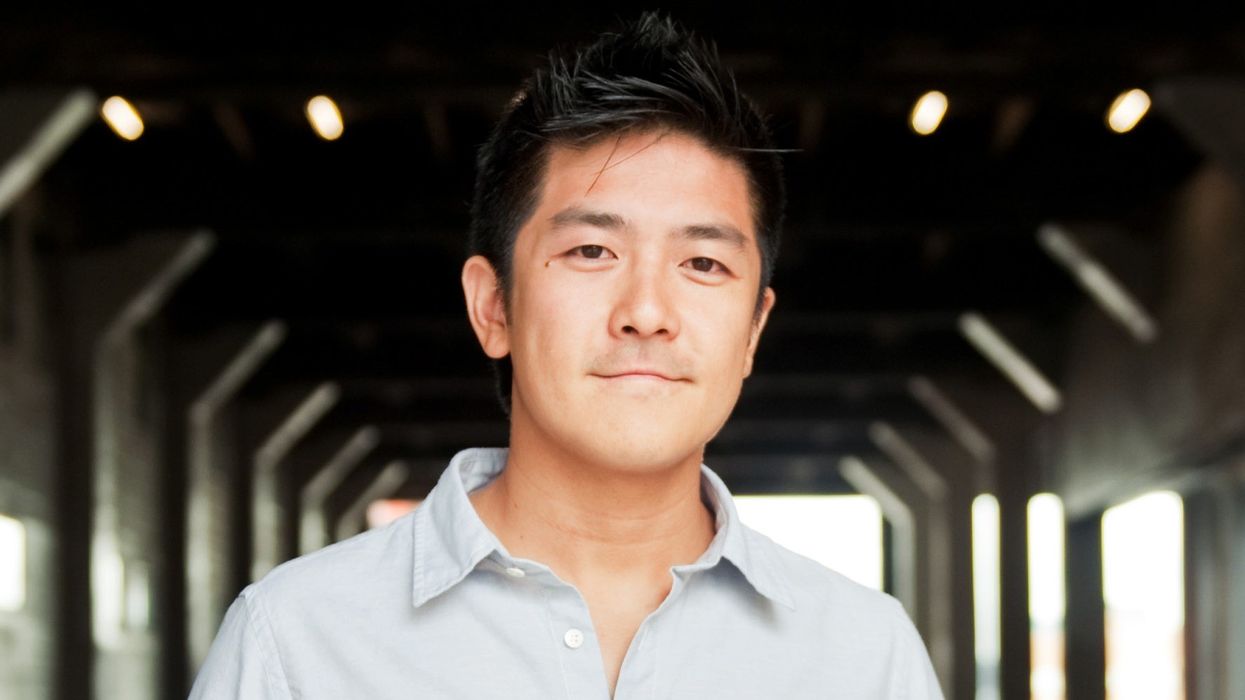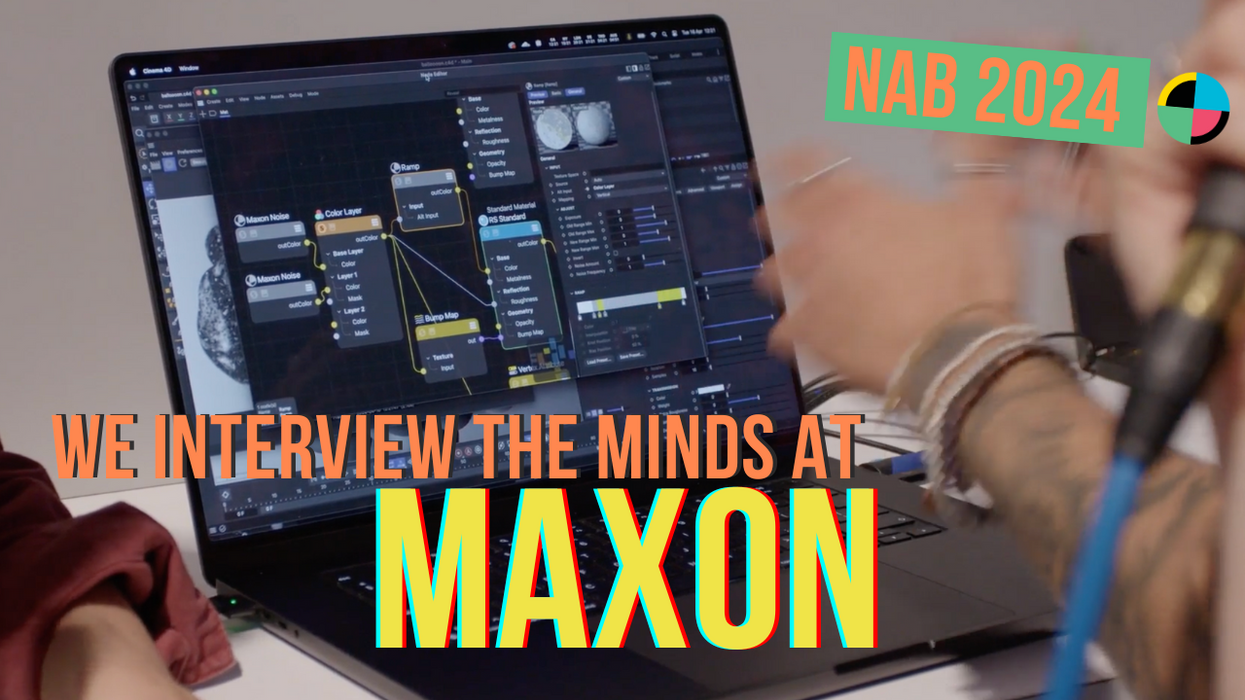Tze Chun's Children of Invention premiered at the Sundance Film Festival last year, journeying on to play 45 more festivals and picking up dozens of awards along the way. Variety called the film "austerely poetic," Filmcritic.com said Chun elicited "touching performances from two pint-size leads," and the New York Times called it "a modestly scaled, quietly effective independent movie...a fine feature debut." Chun and producer Mynette Louie decided to self-distribute the film, releasing Children of Invention theatrically in eight cities in 2010. In this interview, I talk with Chun about the autobiographical nature of COI, as well as TV writing and self-distribution. If you haven't had a chance to see the film, the deluxe edition of Children of Invention is now available on DVD; here's the trailer.
1. What's a worse get-rich-quick strategy: buying into a pyramid scheme, or becoming an independent filmmaker?
I dunno, but if you'd like to hear about either, I have a short presentation I could show you in your free time, from the comfort of your own home, and there's no commitment to sign up. When's a good time to talk?
2. Sign me up! You've succeeded admirably in creating a character that makes a series of bad decisions (the mother, as played by Cindy Cheung) without viewing her pejoratively. This is complicated by the fact that your own mother bought into a number of pyramid schemes when you were a child. Did you write different drafts of varying levels of desperation? Was your own situation ever this dire?
While a lot of the film is autobiographical, there's a lot of the film that's also fabricated. My own situation was thankfully never as bad as the one in the film, and my mother was never arrested or anything. And though my family's financial situation was dicey at times, my sister and I never felt neglected.
As for the level of desperation thing, I guess part of the difficulty with writing a film that features characters in dire situations is trying to navigate when one's depiction of a situation is dramatic and when it becomes melodramatic. So, I just tried to do what I thought was the most honest depiction of the situation as possible, where it's not all sadness and suffering, but a lot of comedy and resilience in there too.
3. Children of Invention had a very fast production schedule -- it was ten months from your first draft of the screenplay to the film's Sundance submission (and eventual premiere). In fact, the film went from script to festival premiere faster than it went from festival premiere to theatrical distribution. Since finishing the film, how have you been able to divide your time between dealing with self-distribution and working on your next project?
It's been difficult, but I like multi-tasking. While we were distributing Children of Invention, I was able to make a short for ITVS, and my producer Mynette Louie and I are working on two new feature projects right now, both of which I'll direct. The first film is a drama about my mother's childhood growing up in Singapore called You're a Big Girl Now and the second is a thriller called Eye of Winter that I co-wrote with Osgood Perkins and Nick Simon. I'm also writing a supernatural drama that takes place in Portland that I hope to finish by the end of the year as well as going out with a bigger budget action comedy spec I wrote with my Mike Weiss, my writing partner from television.
4. You studied film as a undergrad (as did I), and then refrained from going to graduate film school (as did I). What challenges did you face in trying to launch an independent film career while also being self-sufficient? Do you have any tips for others faced with the same real-world conflict, that of making money versus working on one's own projects (wherein profitability may be a long way off)?
The first few years out of college, I painted portraits and did random videography and DVD authoring for money. Then I wrote for TV for about six months out in LA before the writer's strike. I think everyone in indie film has a day job. The main thing is just to keep enough mental space for your own work.
5. My middle name is Tze Ren, so I feel like you're my brother from another mother. I bring this up to ask about your experience directing a predominantly Asian cast and playing a number of Asian film festivals. What were some of the advantages of having a target market, and do you feel at all pigeonholed as an "Asian filmmaker" as a result?
Nice! We need more people named Tze in the world... especially more dudes, because most people think I'm a girl when they read my name.

I'm sure that people are pigeon-holing me as an Asian filmmaker, but that's on them, not me. At one point when I was first starting out, I thought that I should change my name to a pen name that sounded more Americanized, or at least give myself an English first name, but at some point I said screw it. If people can learn how to pronounce Schwarzenegger they can learn how to pronounce Tze. It's pronounced "Z", btw. How easy is that?
6. You were a staff writer on the ABC TV show Cashmere Mafia; you've thus worked independently and you've worked in a studio system. Do you find it easy to transition between the two mindsets? Do you plan on continuing to do both?
I would like to continue in both. I like how quickly TV works, and I love the social aspect of TV writing, with all the writers sitting around and swapping ideas. TV writing was one of the most fun things I've ever done. You get to sit in a nice, air-conditioned office all day drinking Coke Zero and eating Twizzlers.
7. Because you didn't accept any of the distribution offers for Children of Invention, you own the film. In the long run --
-- I think it was the only way for us to be responsible to our investors. We turned down nine distribution deals. The funny thing is that as we kept turning them down and doing more of the work ourselves, the deals got better and better. And of course by the last one, which was the best deal by far, we were like "wait, we've already done everything ourselves," so we turned that down too. ((More on this at Truly Free Film.))
Tze (pronounced "Z") Chun is a filmmaker working out of New York City. His debut feature CHILDREN OF INVENTION premiered at the 2009 Sundance Film Festival and has gone on to be one of the most-awarded and best-reviewed films of the year. It was released theatrically in 8 cities in 2010, and the New York Times called it "a fine feature debut."
His short film WINDOWBREAKER was selected to play at the 2007 Sundance Film Festival, as well as over thirty other high-profile international festivals. It won the audience award at the 2006 New York City Short Film Festival and best short film at the 2007 Vietnamese International Film Festival. That same year, Chun was selected to participate in Tribeca Film Festival’s All Access Program with his feature ARTIFICIAL DISSEMINATION and IFP’s No Borders International Co-Production Market with his feature YOU'RE A BIG GIRL NOW (also recently selected for the Sundance Producers Lab). In the summer of 2007, Chun was named one of Filmmaker Magazine's "25 New Faces of Independent Film."

Find Children of Invention on:
Amazon
Facebook
Twitter
Photo of Tze by Gabriela Herman.













